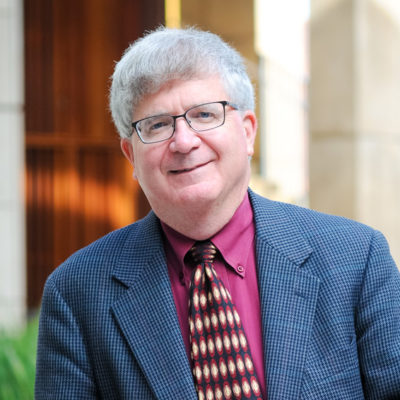Who’s Afraid Of Religious Liberty?
Summary
Not so long ago, doubts about the ability of Jews to live and practice Judaism freely in the United States would have been dismissed as positively paranoid: relics of a bygone era when American Jews could be turned away from restaurants and country clubs, when restrictive covenants might prevent their purchase of real estate or prejudicial quotas limit their access to universities and corporate offices.
None of that has been the case for a half-century or more. And yet recent developments in American political culture have raised legitimate concerns on a variety of fronts. To put the matter in its starkest form: the return of anti-Semitism, by now a thoroughly documented phenomenon in Europe and elsewhere around the world, is making itself felt, in historically unfamiliar ways, in the land of the free.
…
America has long been distinguished by a vibrant and independent civil society, one possible only when voluntary associations can meet freely in public spaces and public institutions and when they can limit their membership and leadership to persons who share their beliefs. This means that groups will exist that we like and groups will exist that we do not like.
Thus writes Michael W. McConnell, director of the constitutional law center at Stanford Law School, in connection with a 2011 case in which a small Christian student group at a public-university law school in San Francisco was denied a right to meet on campus because of its belief that, in McConnell’s paraphrase, “sexual relations are immoral outside of traditional marriage.” The case went to the Supreme Court, which upheld the school’s policy.
What does this signify? Evidently, McConnell comments, it signifies that voluntary associations cannot necessarily “meet freely in public spaces and public institutions,” but instead that “governments can effectively pick and choose which groups are permitted to use public property.” And what does that signify? It signifies that the framers of the First Amendment had it wrong. They “thought they had guaranteed all associations the right to meet, with the sole limitation that they behave peaceably. That freedom has slipped away.”
Read More
